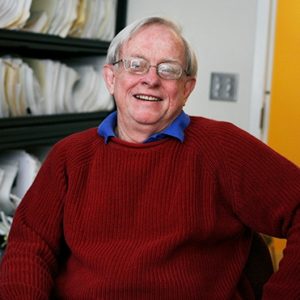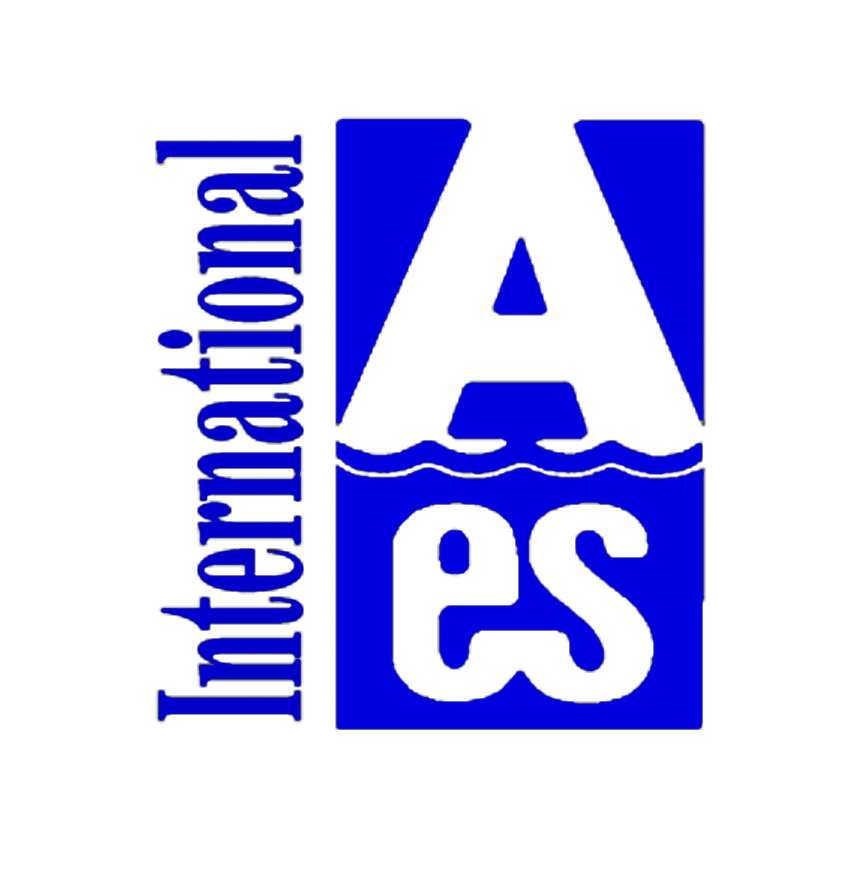Dr. Donald Parsons

Dr. Donald Parsons
Donald Parsons is Professor of Economics, and Director of the George Washington University Department of Economics’s Research Program in Labor and Social Insurance. Parsons received his PhD in economics from the University of Chicago in 1970. He came to George Washington University in January 1998 and served as Department chair from 2003 to 2006. He previously served as professor of economics at the Ohio State University and has held appointments at the University of Siena (Italy) as Fulbright professor (1991); Centre for Socio-legal Studies (Wolfson College, Oxford University) as visiting scholar (1993), Copenhagen Business School as visiting professor (1998); and Soong Sil University as distinguished foreign scholar, Brain Korea 21 Project, 2001. He joined IZA (Institute for Labor Studies) Bonn as a research fellow in July 2006.
Why did you become a member of the International Atlantic Economic Society?
I became a member in an unlikely way. I was asked to join the Board of Editors of the AEJ and of course accepted. Only after joining did I fully appreciate the value of the Society, especially to young scholars. It opens up a wide range of possibilities, including of course publication in the AEJ. More important, perhaps, early in the career it offers a chance to present one’s work to a broad audience while more generally interacting at conferences and, not incidentally, travel.
What types of projects/research are you currently working on and what inspired/motivated you to pursue these interests?
For a number of years now, I have been rethinking the design of the U.S. unemployment insurance system. In the U.S., unemployment comes from two types of layoffs in almost equal measure, permanent and temporary. The types differ significant in how they are best insured and treating the two separately opens up the possibility that we could “do better” for both. Few other countries have this particular bifurcated labor market, but there is much to learn from how other governments and labor markets adapt to their specific circumstances.
I could claim that my interest in unemployment insurance systems derives from a deep social passion, but I suspect that curiosity has really been the drive behind my efforts. That, and of course, the challenge. Can I do better than the many great economists who have struggled with this issue before me?
What advice would you give to someone who is considering entering your line of work/field of study?
Like any other long-term endeavor, do it because you enjoy the work. Otherwise, the long hours required to achieve some success will lead to a stress-filled life. Anyone with the talent to succeed in economics could succeed in many areas. Somewhere out there is a life passion. Make sure this is yours.
Going forward, what other projects/research are you planning to or hoping to pursue?
The unemployment/severance pay project has been an extensive undertaking, one that will surely take me much of the next year to complete. Although I have ideas for what will follow, they are too vague in my mind to lay out now.
What’s your favorite hobby?
I much enjoy poetry. That carries over to the classroom. As I drill students on the mechanics of our profession, I remind them that life (and economics) is much richer than the materialistic focus that motivates many of our most productive models. For example, I rarely let a term go by in which I don’t introduce students to Edna St. Vincent Millay’s “Love is Not All.”

